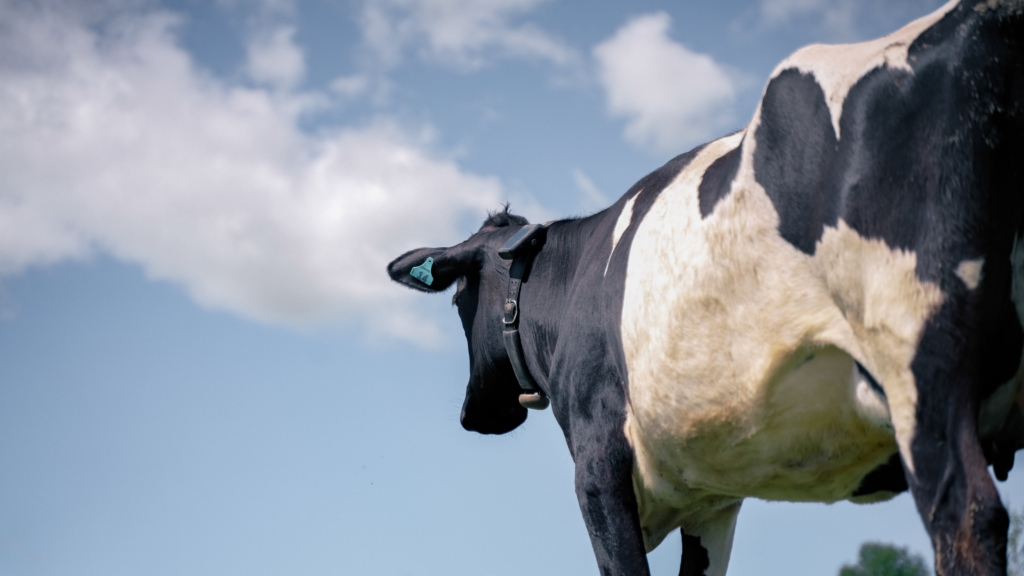
ARTICLE | March 15, 2024
Authored by RSM US LLP
To improve traceability and detect and protect organic integrity across the supply chain, the United States Department of Agriculture created the National Organic Program (NOP) Strengthening Organic Enforcement (SOE) rule, which will took effect on March 19, 2024. This means all organic imports into the United States must be declared as such and contain an associated NOP import certificate. Importers and exporters of organic products who sell, process, treat, pack, containerize, repackage, label or store agricultural products, regardless of the product packaging, must have organic certifications and be listed on an NOP import certificate. Food and beverage companies must take note and address this new rule.
Each certificate must have a unique identification number to provide an auditable record trail of the import, supporting traceability and verification of organic integrity as products travel from a certified organic exporter outside the U.S. to a certified U.S. importer. Certificates must contain detailed information about the quantity and origin of organic products being imported into the U.S. The importer or its customs broker must enter the NOP import certificate number into the U.S. Customs and Border Protection’s Automated Commercial Environment (ACE) system to associate the shipment details in ACE with the import certificate information.
Pursuant to 7 CFR § 205.101 of the rule, the following operations are exempt from these requirements but must still comply with organic production and handling as well as applicable labeling requirements:
- Production or handling operations that sell agricultural products as “organic” but whose gross agricultural income from organic sales totals $5,000 or less annually
- Retail establishments that do not process organically produced agricultural products
- Retail establishments that process, at the point of final sale, agricultural products certified as “100% organic,” “organic,” or “made with organic (specified ingredients or food group(s))”
- Handling operations that only handle agricultural products that contain less than 70% organic ingredients or that only identify organic ingredients on the information panel
- Operations that only receive, store and/or prepare for shipment, but do not otherwise handle, organic agricultural products that are enclosed or will remain in sealed, tamper-evident packages or containers prior to being received or acquired by the operation
- Operations that only buy, sell, receive, store and/or prepare for shipment, but do not otherwise handle, organic agricultural products already labeled for retail sale that are enclosed or will remain in sealed, tamper-evident packages or containers that are labeled for retail sale prior to being received or acquired by the operation and are not otherwise handled while in the control of the operation
- Operations that only arrange for the shipping, storing, transport or movement of organic agricultural products but do not otherwise handle organic products
To obtain certification, the exporter must request an NOP import certificate from their certifier. They must identify products as organic on all export documents such as invoices, packing lists, bills of lading and U.S. Customs entry data and provide the NOP import certificate to the importer. The exporter must also verify that the product has not been exposed to a prohibited substance, treated with a prohibited substance because of fumigation, or treated with ionizing radiation at any point in the products’ movements across the country border.
Similarly, importers must ensure that they have accurate NOP import certificates and ensure products are identified as organic on all import documentation and customs entry data. They must maintain import documents and provide them during inspections. Importers also must verify that shipments do not come into contact with prohibited substances or be exposed to ionizing radiation since export and have a documented organic control system to conduct this verification.
Recommended next steps
U.S. food and beverage importers should take immediate action to comply with the SOE rule by taking the following steps:
- Review the SOE final rules
- Determine if operations meet the new rule requirements
- Obtain NOP import certificates for applicable products
- Develop a formal organic control program
- Audit internal processes and documentation to ensure compliance
This article was written by Jodi Ader and originally appeared on 2024-03-15.
2022 RSM US LLP. All rights reserved.
https://rsmus.com/insights/industries/food-beverage/are-you-ready-for-usda-new-organic-certification-requirements.html
RSM US Alliance provides its members with access to resources of RSM US LLP. RSM US Alliance member firms are separate and independent businesses and legal entities that are responsible for their own acts and omissions, and each are separate and independent from RSM US LLP. RSM US LLP is the U.S. member firm of RSM International, a global network of independent audit, tax, and consulting firms. Members of RSM US Alliance have access to RSM International resources through RSM US LLP but are not member firms of RSM International. Visit rsmus.com/aboutus for more information regarding RSM US LLP and RSM International. The RSM(tm) brandmark is used under license by RSM US LLP. RSM US Alliance products and services are proprietary to RSM US LLP.
 |
Thomas Howell Ferguson P.A. CPAs is a proud member of RSM US Alliance, a premier affiliation of independent accounting and consulting firms in the United States. RSM US Alliance provides our firm with access to resources of RSM US LLP, the leading provider of audit, tax and consulting services focused on the middle market. RSM US LLP is a licensed CPA firm and the U.S. member of RSM International, a global network of independent audit, tax and consulting firms with more than 43,000 people in over 120 countries. Our membership in RSM US Alliance has elevated our capabilities in the marketplace, helping to differentiate our firm from the competition while allowing us to maintain our independence and entrepreneurial culture. We have access to a valuable peer network of like-sized firms as well as a broad range of tools, expertise, and technical resources. For more information on how the Thomas Howell Ferguson P.A. CPAs can assist you, please contact us. |


